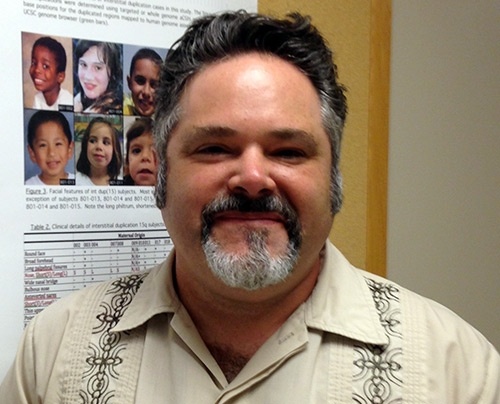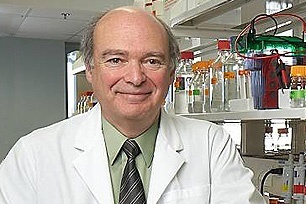Topics: Research
This article is adapted from a presentation by Jennifer Miller, Ph.D. Both children and adults who have been diagnosed with PWS will show symptoms of growth hormone deficiency including low muscle mass and poor cognitive development. Human growth hor...
This article is adapted from a presentation by Jennifer Miller, Ph.D. Human growth hormone therapy for PWS been proven to improve characteristic delays in physical and social development, and the cognitive benefits of human growth hormone for PWS are...
Topics: Research
You may have seen requests for parents to donate the lost baby teeth of their children with PWS for research. What can these baby teeth do for Prader-Willi research? The answer is that Dr. Lawrence Reiter has implemented a novel technique for studyin...
Topics: Research
The potential overlap between PWS and symptoms of autism spectrum disorder (ASD) has been the subject of discussion and research for some time now. In the past, research found estimates of autism in people with PWS to be as high as 41%. But on June 5...
Topics: Research
On June 23, FPWR research staff members Theresa Strong and Jessica Bohonowych presented a webinar reviewing recent initiatives funded through FPWR. The webinar is available on video below. It includes an overview of newly funded studies, new opportun...
Topics: Research
Cognition, social behavior, and decision-making are common challenges among individuals with PWS. The brain region that controls many of these functions is called the frontal lobe. To date, there has been little work on understanding differences in t...
Topics: Research
There has been much recent interest in the Prader-Willi syndrome (PWS) community regarding vagus nerve stimulation, a novel approach to treat PWS behavior issues, which is being led by Dr. Tony Holland and supported by FPWR. In fact, Dr. Holland, a p...
Topics: Research
Many may remember Dr. Rudolph Leibel’s presentation on stem cells and Prader-Willi Syndrome (PWS) at the FPWR Research Conference in November 2014. He also published a breakthrough discovery in the Journal of Clinical Investigation, with Lisa Burnett...
Topics: Research
All individuals with Prader-Willi syndrome (PWS) have at least one copy of the PWS region from their mother, but it is turned off through a normal biological process called genomic imprinting. Normally, the chromosome 15 that is inherited from the fa...
Topics: Research















